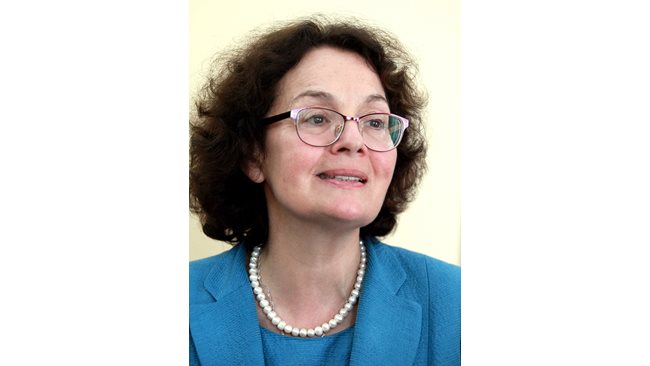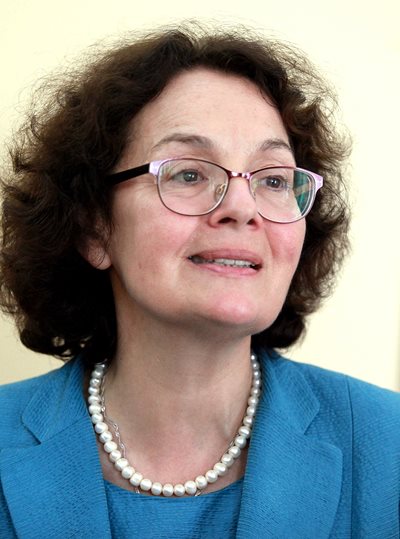
[ad_1]
01.01.2021 19:25; Prof. Rumyana Kolarova, political scientist

Bagpipes and compassion for poor and oppressed Bulgarians aside, the two big themes of President Rumen Radev’s New Year’s address are leadership and change.
I start with leadership, because being a leader is the special role not only of the Bulgarian, but also of all presidents in modern democracies.
The Head of State, especially in cases where he does not participate in the daily life of the Executive Branch, has the responsibility with his actions to impose and defend the strategic goals and priorities of the State, which is the essence of any political leadership. The four Bulgarian presidents before Radev successfully played this key role of the institution.
Just remember that Zhelyu Zhelev not only made the first radical legislative changes (such as the abolition of residency), the first major foreign policy steps (such as the recognition of Macedonia), but he was indeed a visionary when it came to the quality of the 1991 constitution and was the first to note that it had major flaws.
Petar Stoyanov is the president who defended the election of the European civilization of Bulgaria with concrete actions in all critical situations and in all foreign policy forums.
Even before becoming president, Georgi Parvanov strategically reoriented the BSP towards NATO and defended this choice during his two terms. It also formed the center-left bloc between the BSP and the MRF, which has so far stabilized the Bulgarian party system.
Rosen Plevneliev saw the president’s role as a strategist in a much more pragmatic way. He focused on developing strategies and action plans with a 40-year horizon ahead. “Bulgaria 2020”, “Bulgaria 2030”, “Bulgaria 2050” were the strategic documents that he and his administration worked on throughout his tenure.
So far, Rumen Radev’s policy has been reactive and negative. His main statements were simply a reaction to the decisions and actions of the government and the parliamentary majority, and his pathos was simply criticizing and denying everything the government did. More unexpectedly, in the fifth year of his tenure, Rumen Radev realized the leadership role of the institution.
Probably the saying “Better late than never” can comfort us, but so far we do not see any real action from the president, just a New Year’s wish for leadership in Bulgaria without a clear target or political commitment. From President Radev’s New Year’s speech, we are left with the impression that we are listening to an observer, not an authorized politician, because he speaks of leadership, but he does not specify what he expects to be done; in other words, you do not personally commit to being a leader.
The second major theme of Radev’s New Year’s speech is change. This is the most banal and cliché word of the last 32 years. “Change” and “deep reform” are the two most meaningless political statements in Bulgarian politics. They are extremely harmful because, by definition, politics is made only with the decisions of the authorities, which change the status quo. In other words, by promising “change”, you are simply saying you want to be a politician. But when you say “a” you have to say “b”. You have to say not only what you want to change, but also how. We have all known for 30 years what needs to change in Bulgaria. And to impress us, a politician has to tell us how to do it. And in the president’s New Year’s speech there is no word on this issue. In this sense, wanting a change and talking about reform in 2021 without saying how you would do it is political nonsense.
Not only do I miss President Radev’s personal commitment, because he must be the leader, not make the banal statement that leadership is needed. The head of state must also indicate at least some specific political measures and actions that he believes could lead to a change in the status quo. Not to mention that “one thing is wanting, another power, and the third and fourth is doing it.”
[ad_2]